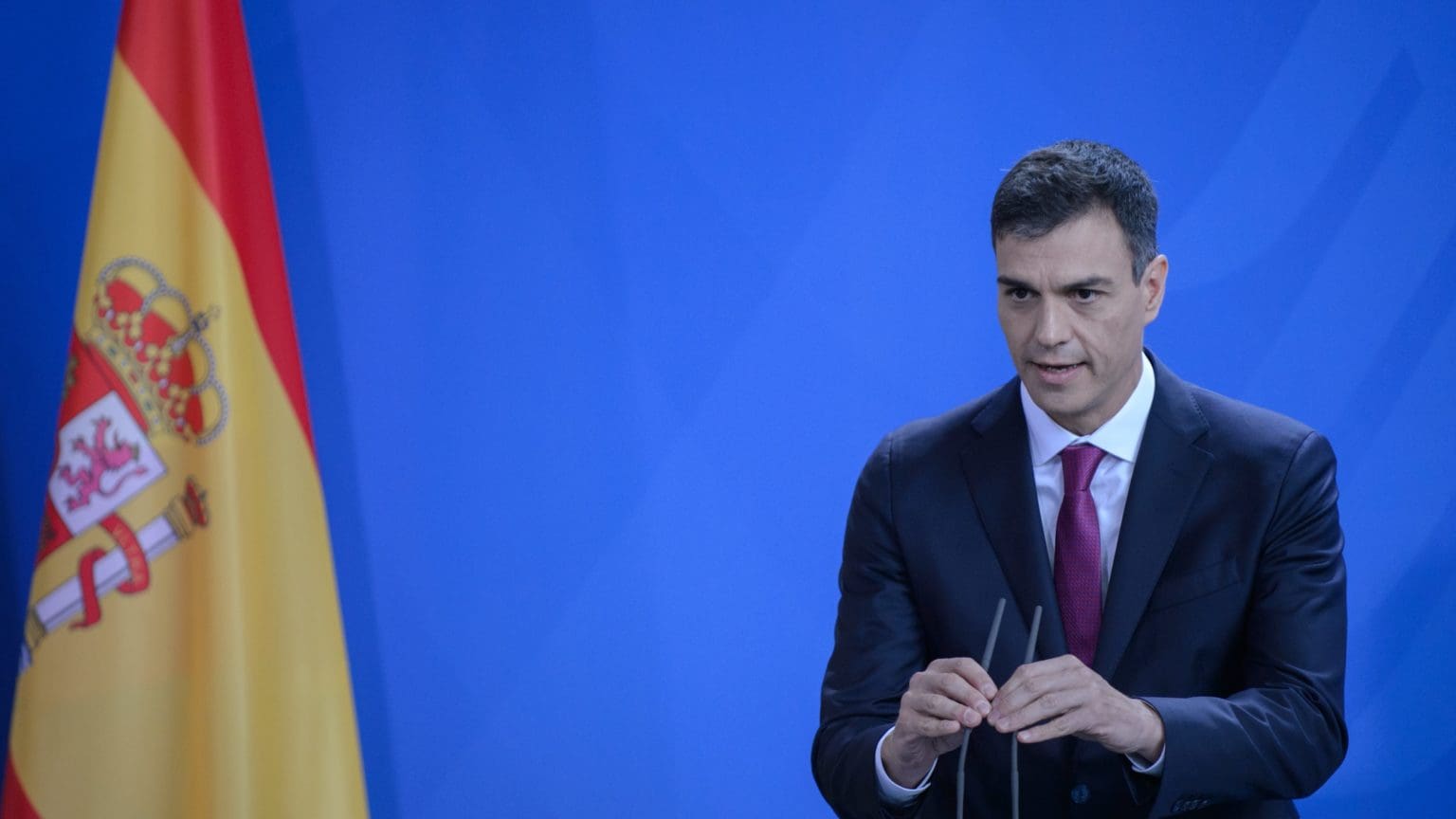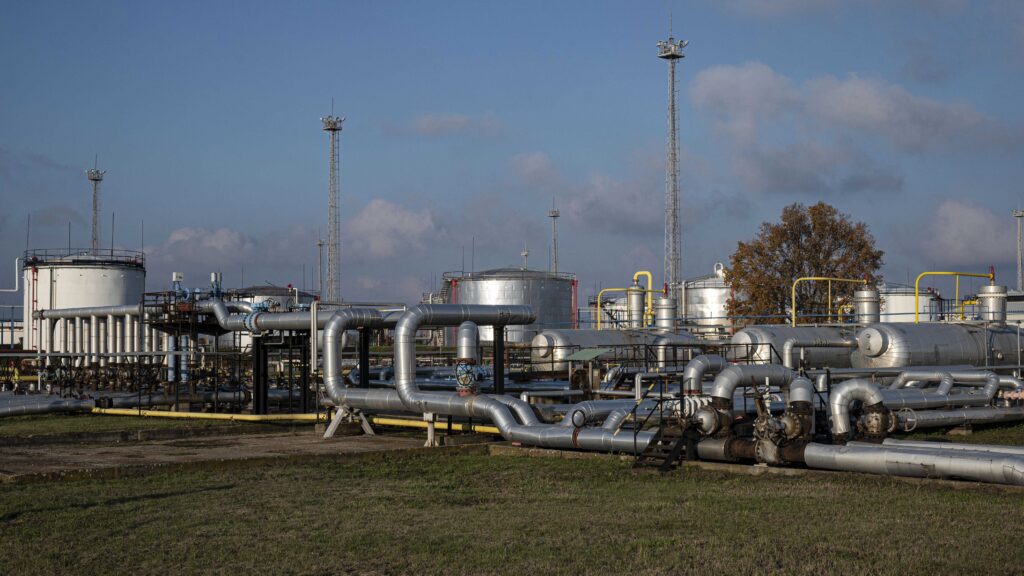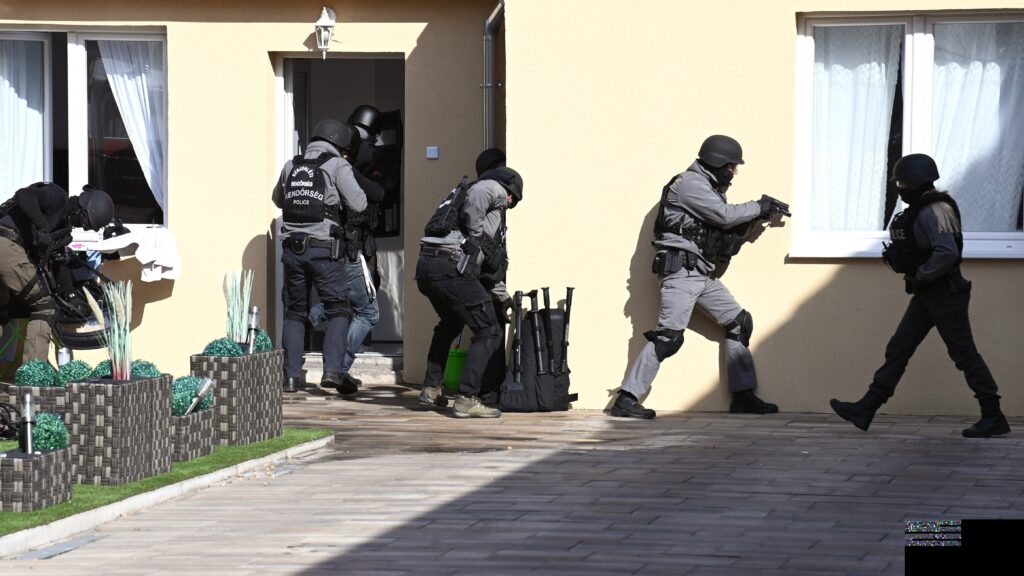Spain is the latest European nation to strive to lower its energy use and its reliance on Russian oil and gas. The country has announced new energy-saving measures, including limits on air conditioning and heating levels in public and large commercial buildings.
The Limits
A directive that will take effect in seven days states that heating should not be set beyond 19°C and air conditioning should not be set below 27°C in public buildings, malls, theatres, cinemas, train stations, and airports. To conserve energy, doors must be shut, and lights in storefront windows must be turned down after 10 p.m. The aforementioned premises will need to have screens or signs put up that exaplain these energy-saving measures. Spain has agreed to a 7 to 8 per cent cut in gas use, albeit they are not as dependent on Russian energy as many other EU nations. The regulations will be in effect until November 2023 and were released in the official state gazette on Tuesday.
The Decree
The decree stated that ‘[this] lays out a number of steps to save energy and use it more effectively, which are important and vital when it comes to decreasing energy consumption generally, and reducing our dependence on energy outside the Spanish economy.’
‘It would generate insecurity, and scare away tourism and consumption’
Teresa Ribera, Spain’s environment minister, has also advised large corporations and government agencies to encourage employees to work from home in order to reduce the amount of energy used for buildings and transportation. The populist, right-wing president of the Madrid area, Isabel Daz Ayuso, promptly rejected the proposed measures. Ayuso, who repeatedly criticized the Covid restrictions imposed by the central government, declared that the regulations will not be followed in her area. ‘Madrid won’t shut down,’ she declared. ‘It would generate insecurity, and scare away tourism and consumption,’ she added. Ms. Avuso also raised questions about what the savings generated would be used for by the government and suggested that the measures would only bring about ‘gloom, destitution, and unhappiness,’ she said. Some criticised Ayuso, pointing out that 4,500 residents of two sectors of the massive Cañada Real shantytown outside of Madrid have been without electricity for nearly two years.
Strain on the Grid
Some blame the illegal marijuana farms in Cañada Real for the repeated power outages. According to the regional government of Madrid, the farms put so much strain on the energy network that it had to be shut down for safety. The left-leaning Más Madrid party’s spokesperson, Dr. Mónica Garca, tweeted: ‘Good morning. Bear a watch on your possessions, drink enough of water, and keep in mind that 1,800 children and teenagers in the Cañada Real have been living without electricity for almost two years, which, in Ayuso’s words, causes “darkness, poverty, and despair.”’
Two heatwaves this summer have highlighted the need to reduce emissions through cutting energy consumption in Spain. While touring areas severely affected by wildfires last month, the prime minister, Pedro Sánchez, remarked, ‘I want to make something very clear. Climate change kills: it kills people, as we’ve seen; it kills our ecology, our biodiversity, and it also damages the things we as a society hold dear – our homes, our companies, and our animals.’
The Hungarian government also had to implement new measures regarding price-capped fuel last week
Spain is just one of the many EU countries forced to implement measures to save energy. With issues on the entire continent regarding heating and air-conditioning, many have had to take preventive measures as well. In Hungary, energy use has been limited as well, although indirectly for the time being. Those who use gas and electricity under a national average are still eligible for reduced utility costs under a scheme implemented by the government years ago. However, those who exceed these averages will be required to pay a premium price. Petrol is becoming a rare commodity as well. In response, the Hungarian government also had to implement new measures regarding price-capped fuel last week.








